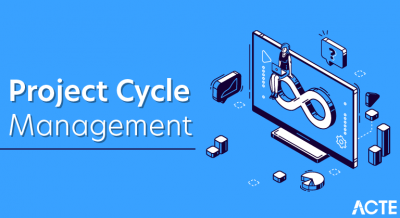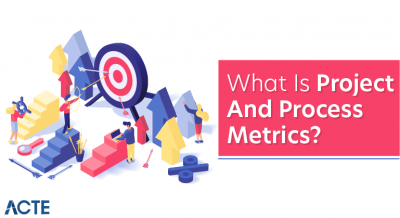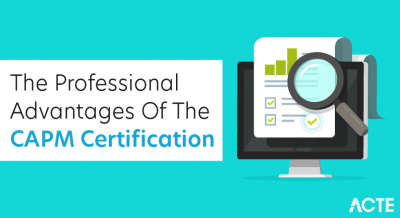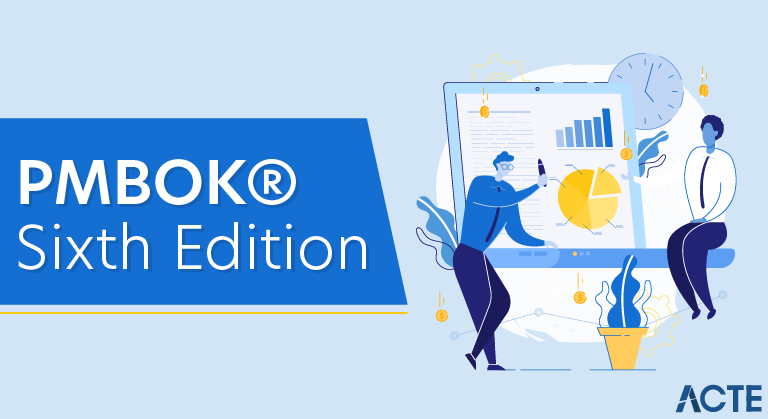
- July 1, 2018 Eduklas Project Management No Comments on PMBOK Guide – Sixth Edition is Here! What Project Managers Should Know
- PMBOK Guide – Sixth Edition was discharged in September 2017 and PMP confirmation test arrangement will be reconsidered on 26 March 2018, according to PMI.
- The test isn’t about the PMBOK Guide, yet the guide influences the test a great deal. This is what to expect, and what you could see as effects to the test because of the refreshed sixth version.
Centralization of Effective Leadership
- A part has been included that discussions about what Project Management Leadership means, and PMI’s desires for a task the executives pioneer.
- The new version additionally surveys abilities and aptitudes that venture the executives experts must have.
- This bodes well, taking into account that we’ve seen the Exam Content Outline present this all through the most recent couple of years, and it was a coherent advance to carry it into the guide.
- Successful authority is referenced in the fifth release however is presently being merged into one segment.
- Think about this as a continuation of PMI’s message—an invitation to take action that Project Management has three segments that hopeful experts need to consistently create: specialized venture the executives, business keenness, and authority.
Terminology Changes
- The fifth release of the PMBOK Guide gained extraordinary ground in institutionalizing expressions, terms, and definitions. This was expected to accomplish arrangement with the ISO standard 21500.
- This, additionally, was a greater change than one would consider—the PMI Lexicon of terms and Exam Content Outline were adjusted to coordinate a similar wording. This was a major advance. When this was accomplished, understudies and undertaking chiefs could see a term in one zone, realizing it would mean the equivalent in each other use.
This new version proceeds towards wording consistency, with these essential updates:
- Human Resource Management will move toward becoming Resource Management. This implies you don’t only oversee groups, yet in addition bulldozers, scoops, instances of stray pieces, and filtered water.
- Time Management will progress toward becoming Schedule Management. This bodes well; we don’t oversee time, however we oversee and control our calendar.
- It’s intriguing how PMI talks about these changes; they state “… Areas have been renamed to all the more precisely reflect which components can be overseen… and which can’t… ”
Knowledge Area Changes
The structure of the Knowledge Areas will be updated, with the following details:
- Key Concepts will be organized. You can look to a specific section to review the core message of the knowledge area.
- Trends and Emerging Practices have been added. Current learnings and business behavior are now seen to be a component that you can integrate and are expected to consider. The guide is not something static, but something that we can modify based on needs inside and outside the project. It is moved closer to a dynamic set of tools supported by thoughtful analysis as well as best practice.
- Tailoring Considerations are now a component of each Knowledge Area. Again, having each section discuss how to modify it based on constraints, consideration, organizational preference, and business need is exciting. Having guidance in modifying the PMBOK Guidewill assist in understanding that this is a component of control, required if you are to actively manage.
- Considerations for Agile/Adaptive Environments are included. Agile is currently mentioned as a methodology in Project Life Cycle discussions. In the 6th edition, each Knowledge Area will provide considerations for integrating agile methods based on its skill set and processes.All these updates support not only increased clarity but also provide a focus on how this material can be best applied. This is the core of the PMP Certification Exam; it tests not only one’s knowledge but how well the applicant can apply what they know as a best practice in ambiguous, often confusing situations.This bodes well for the profession of project management, and it bodes well for us, too. The guide gives us not only what we need to do today to make projects and business better, but what we need to think about and prepare for the future. Project management and our careers within it are a continuing story, not a stairway that ends with a closed door.PMP, PMBOK are registered marks of the Project Management Institute, Inc.
- A Broad overview of changes in PMBOK Guide Sixth edition
| PMBOK® Fifth edition | PMBOK® Sixth edition | ||
| Knowledge Area | Project Time Management | Project Schedule Management | |
| Knowledge Area | Project Human Resource Management | Project Resource Management | |
| 3 New Processes added | Manage Project Knowledge (Section 4.4) | Control Resources (Section 9.6)> | Implement Risk Responses (Section 11.6)|
| 1 Process Removed | Close Procurements (Section 12.4) | Close Procurements added as part of Close Project or Phase | |
| 1 Process Shifted | Estimate Activity Resources Process was in Project Time Management Knowledge Area (Section 6.4) | Moved to Project Resource Management (Section 9.2) | |
| Name Changed | Perform Quality Assurance (Section 8.2) | Manage Quality (Section 8.2) | |
| plan resources | Plan Human Resource Management (Section 9.1) | Plan Resource Management (Section 9.1) | |
| Resources | Acquire Project Team (Section 9.2) | Acquire Resources (Section 9.3) | |
| Project | Develop Project Team (Section 9.3) | Develop Team (Section 9.4) | |
| Managing | Manage Project Team (Section 9.4) | Manage Team (Section 9.5) | |
| Communications | Control Communications (Section 10.3) | Monitor Communications (Section 10.3) | |
| Risk | Control Risks (Section 11.6) | Monitor Risks (Section 11.7) | |
| Stakeholder | Plan Stakeholder Management(Section 13.2) | Plan Stakeholder Engagement (Section 13.2) | |
| Engagement | Control Stakeholder Engagement (Section 13.4) | Monitor Stakeholder Engagement (Section 13.4) |
Agile and Iterative Project Management
New content in the PMBOK Guide –
Sixth Edition emphasizes the importance of agile and other iterative practices. The PMBOK Guide notes at the beginning of each Knowledge Area chapter which practices are common in an agile environment. There is also an appendix which serves as a summary of agile and other iterative practices.
The PMI Talent Triangle
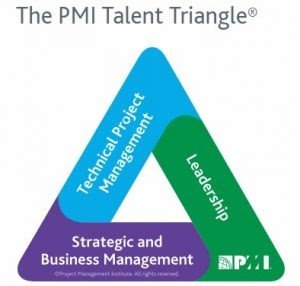
The PMBOK Guide – Sixth Edition emphasizes the broader role of a project manager beyond technical project execution, including leadership and strategic/business management. Here is more information on the PMI Talent Triangle®, including how it impacts PDU requirements.
Emphasis on Processes by Process Group
For several years now, the exam has moved its focus from memorizing process inputs/outputs/tools toward understanding how and when to perform processes within a project. Now, Section II of the Standard contains a description of the project management processes organized by Process Group (i.e., where they fall in a project’s lifecycle).
Two Knowledge Areas Renamed
Project Time Management is now Project Schedule Management, emphasizing scheduling as a robust discipline within Project Management. Additionally, Project Human Resource Management is now Project Resource Management. This name change is important because the content will emphasize both team and physical resource management on a project.
Process Additions and Deletions
Three new processes have been added and one has been deleted:
Added:
- Manage Project Knowledge (Integration/Executing)
- Control Resources (Schedule Management/Monitoring and Controlling)
- Implement Risk Responses (Risk Management/Executing)
Deleted:
- Close Procurement (Consolidated with “Close Project or Phase”)
Processes Renamed
Some processes have minor changes related to the name changes mentioned above. For example, “Plan Human Resource Management” has become “Plan Resource Management,” and some of the “Control” processes (e.g., “Control Communications,” “Control Risks”) will change to “Monitor” processes (e.g., “Monitor Communications,” “Monitor Risks”).

